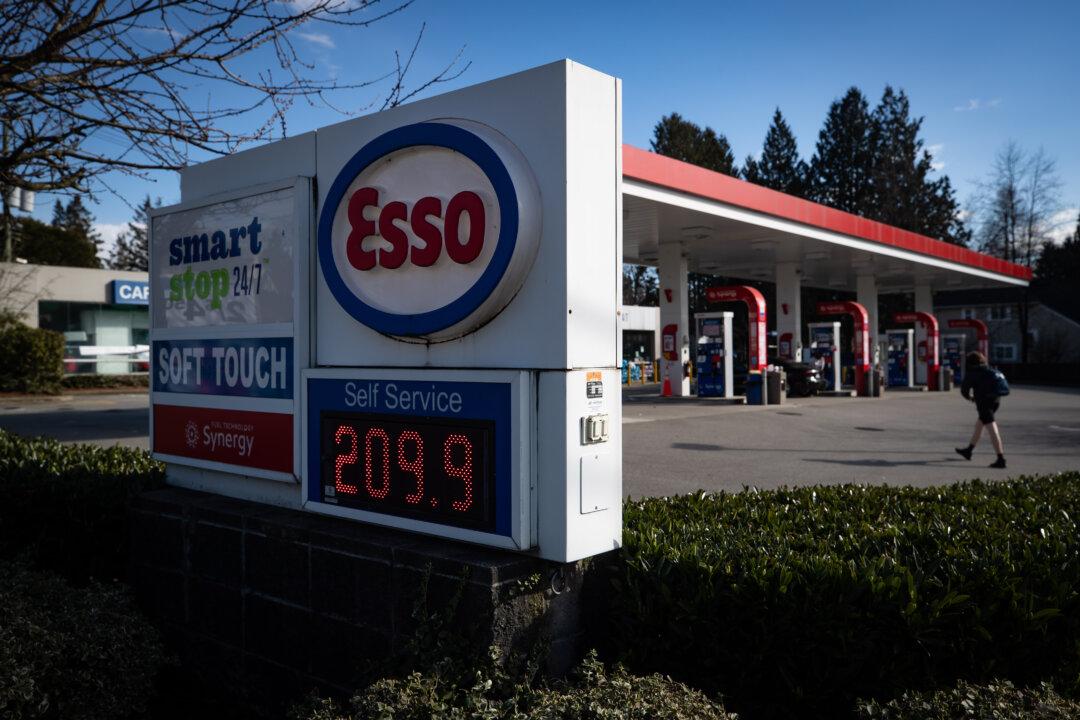Over half of Canadians are now driving less as gas prices skyrocket across the country, a new survey says.
The Leger survey, conducted for BNN Bloomberg and insurance comparison company RATESDOTCA, found 54 percent out of roughly 1,500 Canadians surveyed say that are driving less due to mounting gas prices. Another 15 percent say they are planning to adjust their driving patterns.





